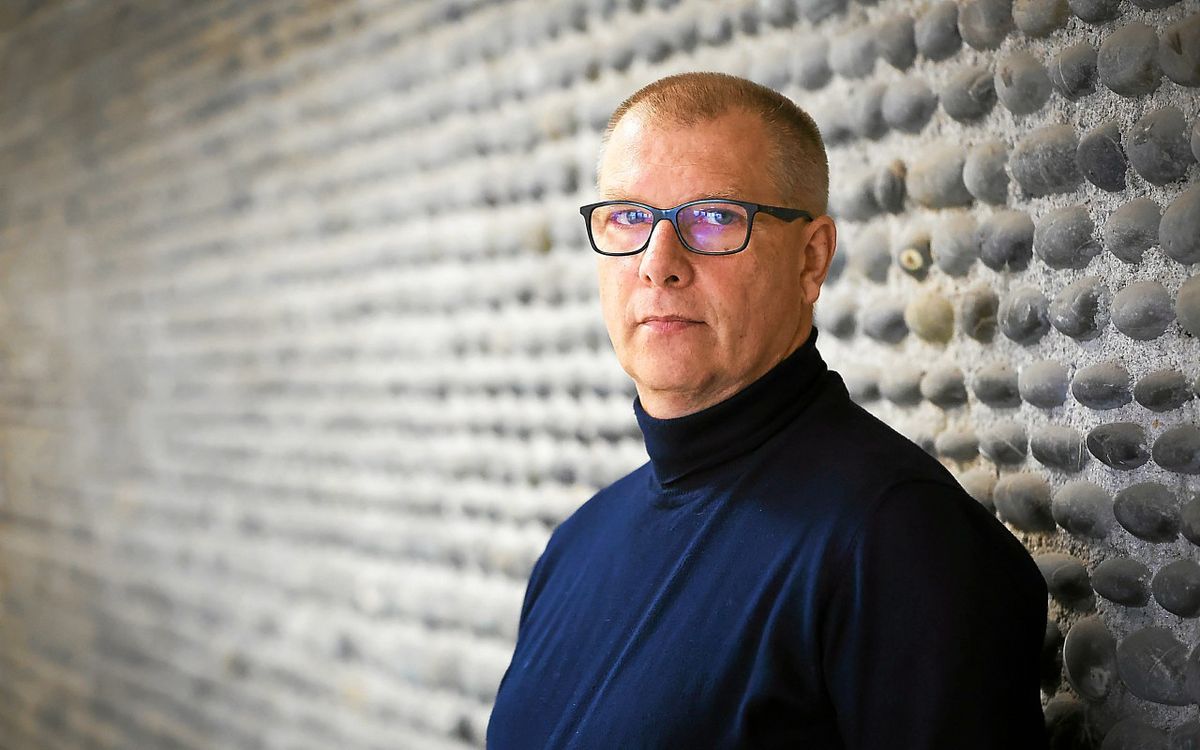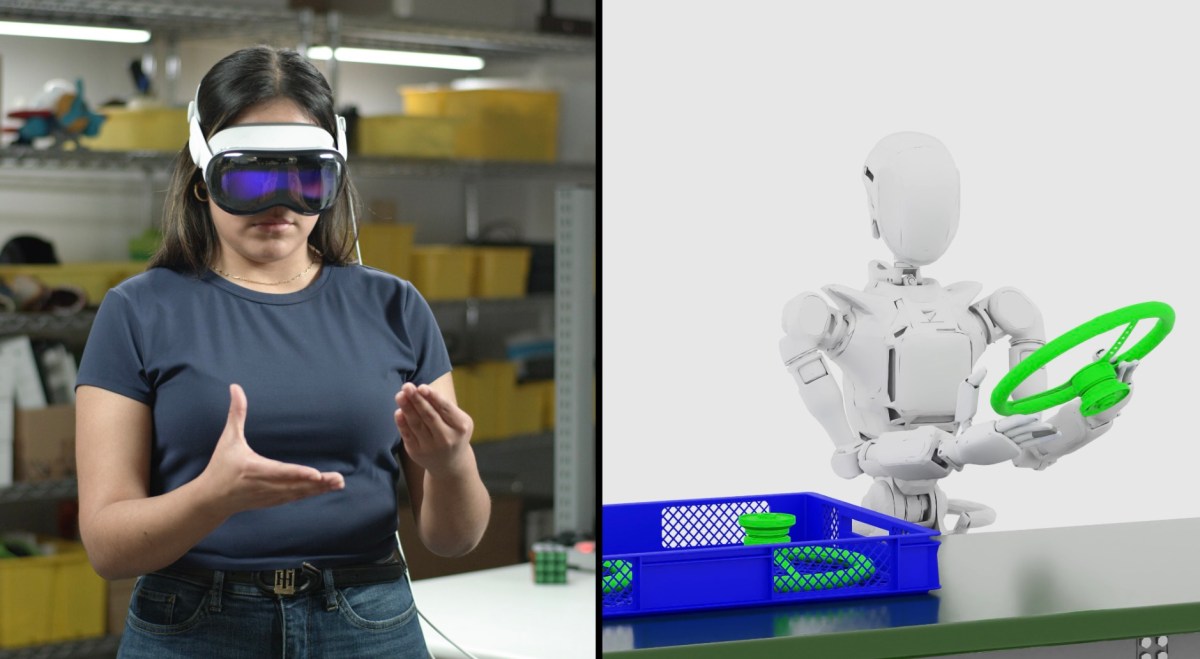Like a grand oral in front of a jury of a hundred people. “I have never told my life story in front of so many people. But the hardest part is just getting started. » Friday November 29, 2024: Pierre Monteil, 58 years old, has just finished an hour and a half of exchange with 100 second year medical students. They will all face addictive problems during their future careers.
Jeans and a turtleneck, smooth speech, the retired National Navy veteran unashamedly spends twenty-five years of an addiction as long as a day without bread. He speaks as an expert patient, invited by Morgane Guillou, professor of psychiatry and addictologist at the Brest CHRU. To endorse this particular status, he followed training within the France Patients Experts Addictions association, before being certified as a Patient Therapeutic Education (ETP) worker, in 2023. The first in the Brest sector. “I listen and advise those who, like me, must learn to live with the chronic disease of addiction. »
“I became addicted without realizing it”
Flashback. Pierre Monteil methodically summarizes “the kidnapping” of which he was the victim. That of his social, family, psychological life. “My addiction to alcohol came in waves. It’s the story of a young soldier who went overseas, who partied a little too much and liked to drink. I became addicted without realizing it. Instead of orange juice, I first had a beer. Then several beers. Then a glass of whiskey to start my day. I spent years with 1.5 g/l of alcohol in my blood. My whole life was organized around the product. I was pretending but I was in denial and I was playing a fool’s game. There was no longer any desire to stop, the product had intercepted her. »
The first alert came in 2005. Burn-out. Pierre Monteil spent time in psychiatry at the Brest army hospital. “I dealt with a non-judgmental doctor and that is the most important thing. The first reaction to someone drunk is essential. It will have an impact long after. »
The message is intended to support future professionals: “In addiction, treatment takes time. General practitioners are sometimes embarrassed by the mirror that alcoholic illness reflects to them; they do not always provide referrals as they should. In emergency services, a lack of kindness can cause damage. Never forget it.”
Despite a first treatment in 2009, a divorce and two years without drinking a drop, he too had to accept relapses. “I knew I was an alcoholic. I was halfway there but I still needed the right crutches. »
I will remain an addict all my life but I found meaning. I’m happy to give hope
“Lifelong fragility”
Two years of work stoppage at not even 50 years old, then the car accident in 2015, will complete a period of which Pierre Monteil only keeps “difficult memories, because of the medication”. He regained lucidity thanks to good support. “My family didn’t give up on me. And then Dr. Gillet, at Ty Yann’s follow-up care and rehabilitation service, had the right words. Rather than fighting my desire for alcohol, he advised me to find the path to happy abstinence. We stopped the treatments. I reinforced the therapeutic tools (psychiatric follow-up, psychologist, addictologist, support group). I progressed to become an expert patient. I will remain an addict all my life but I found meaning. I’m happy to give hope. »
Professor Guillou reminds us: “You can get out of addiction, but it remains a lifelong fragility. Good support is done as a team. Addiction doctor, nephrologist, psychiatrist, psychologist, social worker can all have a role. The Drug Information Reception Center (CSAPA) is a good place to knock.”
“And for families? », Ask the students. “A place of appeal exists within the Brest CHRU,” notes the professional. “Would you be able to have another drink without risk? », asks the room to Pierre Monteil. “No, it’s a lifelong mourning,” he notes. I have manageable cravings. But I know that if I drink alcohol again, I will relapse. »
letelegramme Fr Trans


